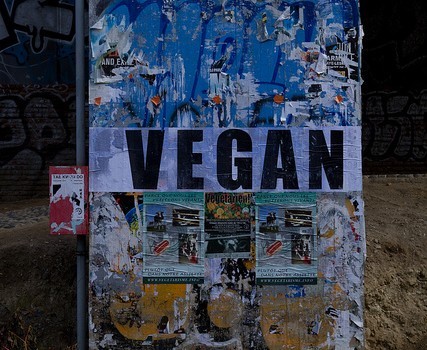Diets have become popular in the last few years. But what are their pros and cons, and how might they affect your health? We assembled a roundtable of experts to make sense of the debate .A great many Americans have sat down to dinner expecting to see more or less of the same thing: meat, potato, vegetable, bread. These days, it’s not nearly so simple.
With so many diets taunting our Facebook feeds, it can be incredibly difficult to ingest it all (pun intended). The fact is, most diets fall somewhere between two extremes: Vegan or Paleo. With one focused on low glycemic vegetable, fruit and starch loads and the other focused on heavy protein and sometimes even heavier fat intake.
The line between Vegan and Paleo can of course sometimes be contentious as ethical and even environmental debates spawn. However, those aside and simply focused on health, Dr. Mark Hyman, one of the more respected nutrition Docs in the game, has seen a bright side to the middle.
So how would you achieve this? Well, Hyman has some pretty solid guidelines.
1. Eat a low-glycemic load.
Focus on more protein and fats, including nuts (not peanuts), seeds (flax, chia, hemp, sesame, pumpkin), coconut, avocados, sardines and olive oil.
2. Eat the right fats.
Steer clear of vegetable oils, including soybean oil, which now comprises about 10% of our calories. Focus instead on omega-3 fats, nuts, coconut, avocados, and yes, even saturated fat from grass-fed or sustainably raised animals.
3. Eat mostly plants.
Plant should form 75% of your diet and your plate.
4. Focus on nuts and seeds.
They are full of protein, minerals, and good fats, plus they lower the risk of heart disease and diabetes.
5. Avoid dairy.
Dairy is great for growing calves into cows, but not for humans. Try organic goat or sheep products, but only as a treat.
6. Avoid gluten.
Most is from Franken Wheat, so look for heirloom wheat (Einkorn). If you are not sensitive to gluten, then consider it an occasional treat.
7. Eat gluten-free whole grains sparingly.
They still raise blood sugar and can trigger autoimmunity.
8. Eat beans sparingly.
Lentils are best. Stay away from big starchy beans.
9. Eat meat or animal products as a condiment.
There’s no need to make animal products the main course.
10. Think of sugar as an occasional treat.
As an eye makeup remover, hair serum, or body moisturizer. The effects of ingesting specific types of oils might have differences among them, but in terms of hair care and body care–trust me. Anything sold as an “edible” oil or otherwise sold for food with the word “vegetable” in the title will work perfectly. I can see how this might seem sarcastic, but trust me. It’s not.
Please Read this Article at NaturalBlaze.com
Photo Source: Pierre-Selim





Leave a Reply